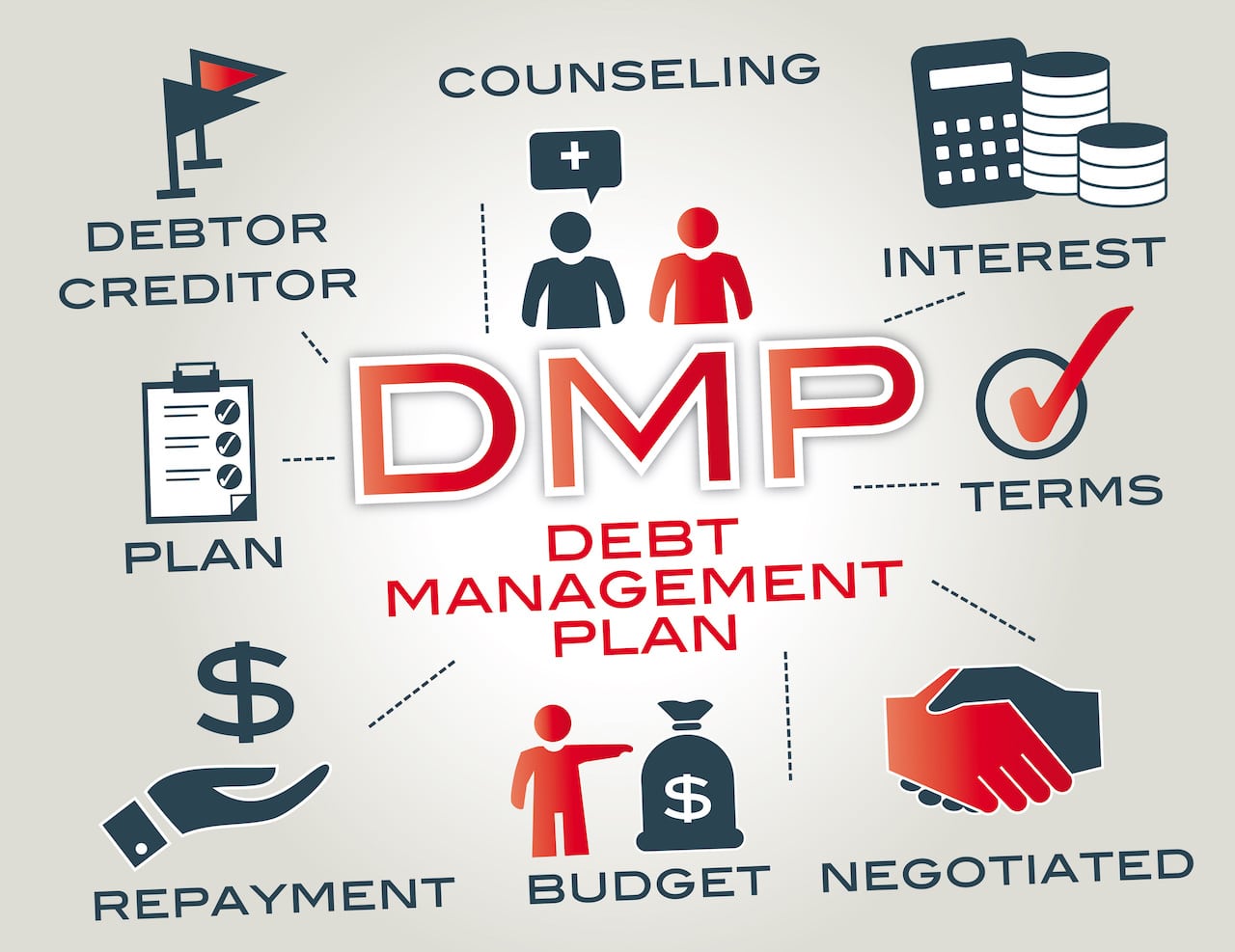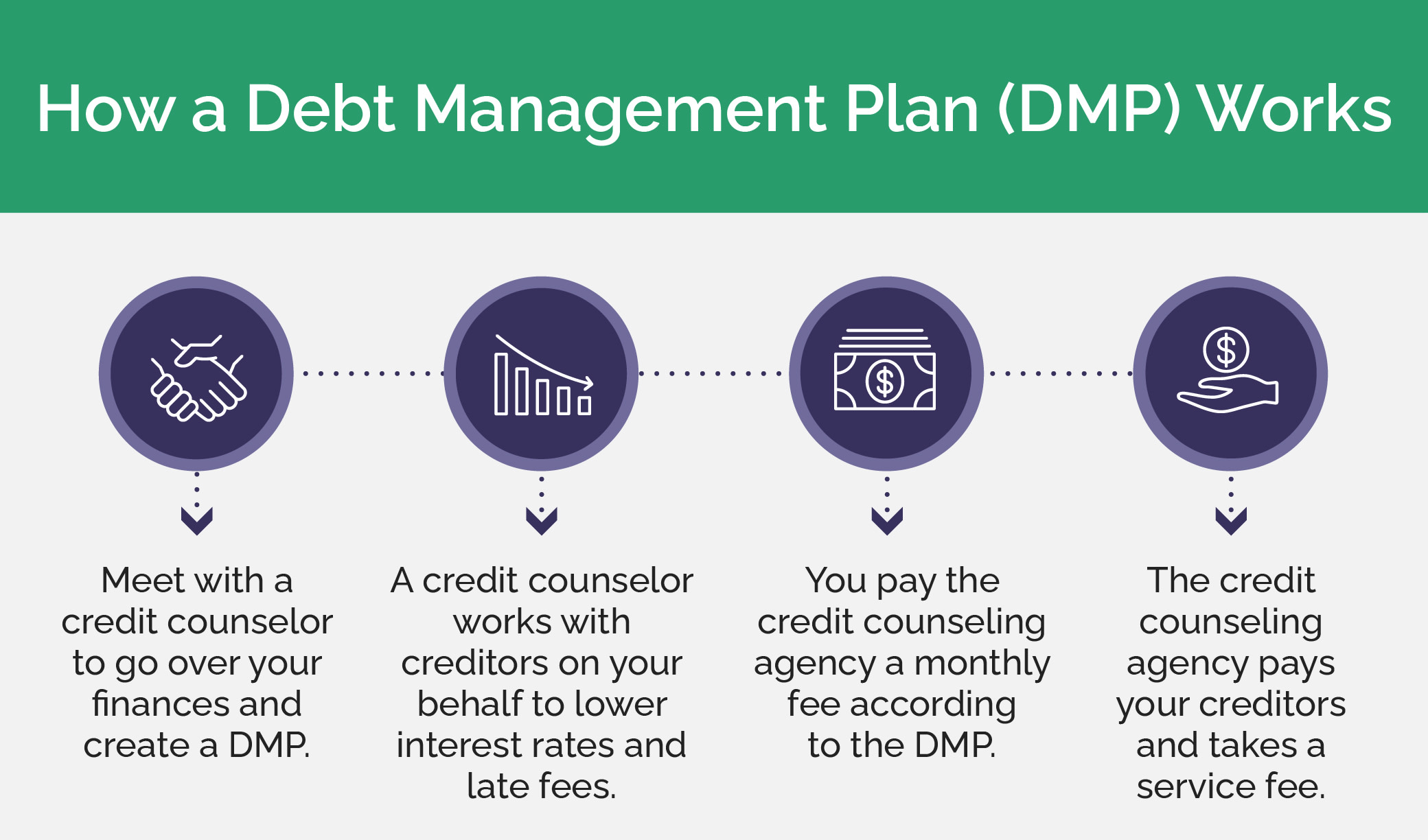Is Debt Debt Consolidation Right for You? More Discussion Posted Here
Is Debt Debt Consolidation Right for You? More Discussion Posted Here
Blog Article
Whatever You Required to Understand About Developing a Personalized Debt Monitoring Plan
In the world of individual finance, devising a customized financial obligation monitoring strategy is frequently the foundation of accomplishing monetary stability and tranquility of mind. As you navigate the intricacies of developing a customized financial obligation administration strategy, recognizing the details of each step is vital to your monetary success.
Examining Your Present Financial Debt Situation
One must initially perform a thorough examination of their existing financial obligation responsibilities prior to formulating an effective debt administration plan. Examining your current financial obligation situation is a critical primary step in obtaining control of your finances. Begin by collecting all necessary monetary files, such as bank card statements, loan contracts, and any type of outstanding costs. Produce a thorough listing of each financial obligation, consisting of the overall amount owed, passion prices, minimum monthly repayments, and due dates. This detailed review will give a clear picture of your monetary standing and assistance focus on which financial debts to address initially.
After compiling this information, compute your complete debt-to-income ratio by dividing your monthly financial obligation settlements by your regular monthly income. This proportion is a key indication of your capability to handle existing debt levels efficiently. Furthermore, examine your credit score record to identify any type of errors or disparities that may be impacting your credit report. Understanding these aspects of your economic situation will direct you in establishing a tailored financial debt management strategy tailored to your particular requirements and goals.
Setup Financial Goals and Targets

When establishing monetary goals, it is very important to be specific, quantifiable, possible, pertinent, and time-bound (WISE) For instance, you might establish a goal to repay a particular quantity of financial debt within a certain amount of time, such as decreasing your charge card balance by $5,000 in the following year - More Discussion Posted Here. By establishing clear targets like this, you can track your development and stay encouraged to attain your financial debt administration objectives
In addition, take into consideration prioritizing your financial debts based upon aspects such as interest prices, outstanding equilibriums, and settlement terms. By concentrating on high-interest financial obligations first, you can conserve money in the future and accelerate your trip toward economic freedom. Bear in mind, each person's economic situation is special, so customize your goals and targets to fit your private demands and scenarios.
Producing a Realistic Budget
Crafting a well-defined spending plan is a fundamental action in effective debt administration and financial planning. A reasonable budget plan serves as a roadmap for your financial wellness, aiding you track your revenue, expenses, and financial debt payments. To develop a sensible budget plan, start by providing all your resources of income.
When setting budget plan limits, be honest with on your own concerning your spending behaviors and economic obligations. Assign a portion of your income towards paying off financial debt while ensuring you have some funds for cost savings and emergency click here now situations. Consistently evaluation and readjust your budget as needed to remain on track with your economic goals and financial obligation repayment plan. By sticking to a realistic spending plan, you can effectively manage your financial debt and job towards a much more safe economic future.
Discovering Financial Obligation Payment Approaches
After developing a realistic budget, the next crucial action in reliable financial debt monitoring is to discover numerous debt repayment methods. One usual strategy is the snowball approach, where you concentrate on paying off the smallest financial debts first while making minimum repayments on bigger financial debts. This approach can help develop energy as you see smaller debts being cleared, giving inspiration to tackle larger ones.
Another approach is the avalanche approach, which includes focusing on financial debts with the highest possible rates of interest. By targeting high-interest financial debts initially, you can lower the total amount you pay in passion gradually. This method may be more cost-effective in the lengthy run, also though it could take longer to see individual debts fully paid off.
Debt debt consolidation is another choice where you integrate numerous financial debts right into a solitary funding with a reduced rate of interest. This can simplify your payment process and possibly decrease the total interest paid. Nonetheless, it's necessary to meticulously consider the terms and costs linked with consolidation to great site guarantee it's the ideal choice for your financial scenario.
Tracking and Readjusting Your Strategy

Changing your strategy might entail reapportioning funds to deal with high-interest debts initially, negotiating with lenders for reduced passion rates or far better payment terms, or exploring additional income sources to expedite debt repayment. As your monetary situation advances, your financial obligation administration strategy need to adapt appropriately to remain reliable. By staying versatile and positive in tracking and readjusting your plan, you can optimize your initiatives in the direction of settling your financial debts successfully and achieving your economic objectives.
Verdict
In conclusion, developing a tailored financial obligation management strategy entails examining existing debt, establishing monetary goals, producing a reasonable budget plan, checking out settlement methods, and tracking and readjusting the strategy as required. By following these steps, individuals can take control of their financial scenario and work towards coming to be debt-free. It is important to stay disciplined and committed to the plan in order to attain long-term financial stability.
One need to first carry out a thorough evaluation of their present financial obligation responsibilities prior to creating an effective debt administration plan.After establishing a reasonable spending plan, the next crucial step in efficient financial obligation monitoring is to discover different financial obligation settlement strategies - More Discussion Posted Here.To successfully manage your financial obligation, continual surveillance and change of your financial debt management plan are crucial elements for long-term economic stability.Adjusting your plan might entail reapportioning my link funds to deal with high-interest financial obligations initially, discussing with financial institutions for reduced rate of interest prices or far better settlement terms, or checking out added revenue resources to quicken debt repayment.In conclusion, developing a tailored financial debt management plan entails examining existing debt, establishing monetary objectives, developing a reasonable budget, discovering repayment strategies, and monitoring and adjusting the strategy as required
Report this page